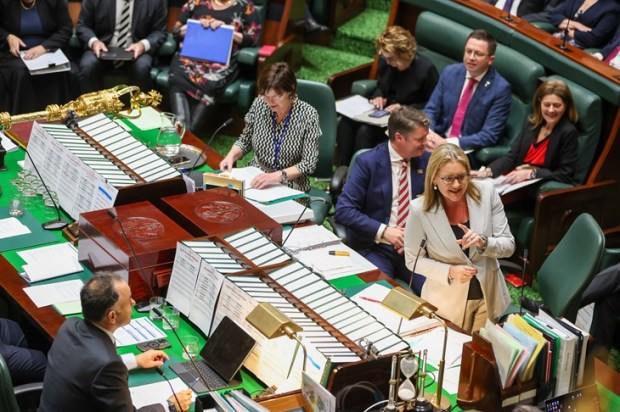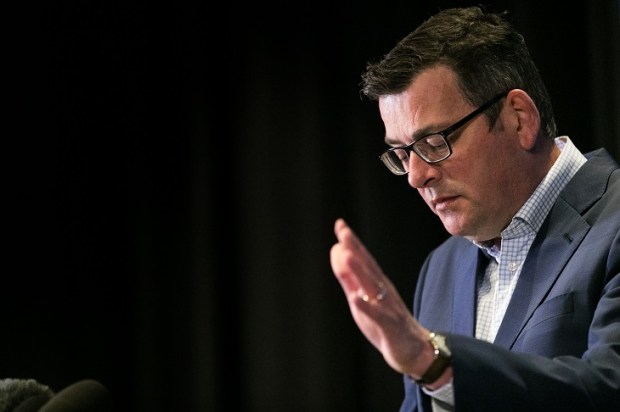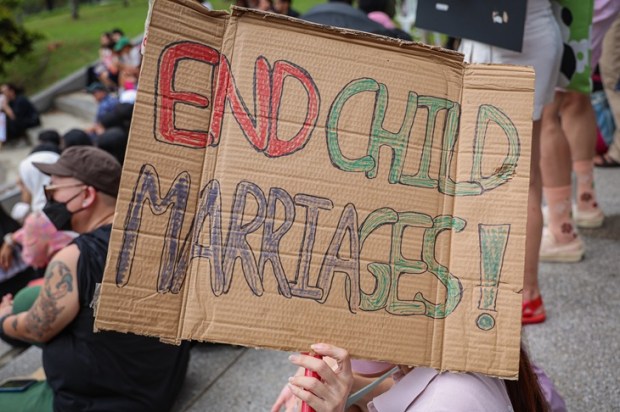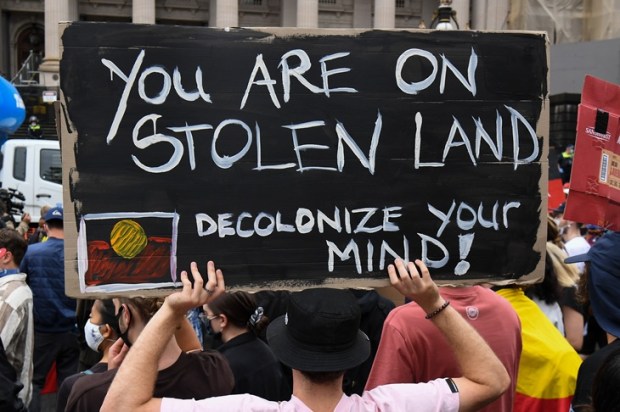When the Bracks government in Victoria established an Equal Opportunity and Human Rights Commission in 2006 it bragged that it would strengthen and support Victoria’s democratic system.
Furthermore, it expressed pride to protect human rights using a parliamentary-based model. All future legislation would be certified as being compatible with human rights obligations.
The new Commission was charged with reviewing its work and reporting to Parliament after four and eight years. Both reviews referred to what the Commission regards as a weakness. There was no mechanism for individuals or other entities to approach the Commission directly on human rights concerns.
The legislation gave roles in this regard to the Supreme Court, the Ombudsman, the Police, and the Attorney-General. That said, it would be a daunting task for a man or woman in the street to be heard without doing battle with a labyrinth of political bureaucratic nonsense.
Twelve years after the Commission was established the Andrews government ushered in ‘a new era of transparency and accountability’. It sponsored the Electoral Legislation Amendment Act (2018) to redefine, inter alia, the political donation laws in Victoria.
A cap of $4,320 over a four-year period was imposed on all individuals and non-exempt entities as well as a substantial increase (over 300 per cent) in the amount of taxpayers funding of election campaigns. In addition, there was an annual payment of over $5 million directly to political parties for administrative expenses if the party reached the threshold of four per cent of the primary vote.
The exempt entitles included the Cormack Foundation which gives grants to a few conservative organisations, including the Liberal Party. The ALP, however, is the main beneficiary of the provision because it can tap into the financial resources of its political partners, the trade unions.
In the lead-up to the passing of the legislation the Scrutiny of Acts and Regulations Committee of the Upper House in Melbourne met and decided it needed advice from the relevant Minister whose title was the Special Minister of State. The Committee has a role given to it by the 2006 Act dealing with Human Rights to draw attention to the Parliament any inconsistencies between a new proposed law and the government’s human rights obligations.
The Special Minister’s reply was special indeed. In a nutshell, he said the ceilings put on political donations were aimed at preventing donors corrupting a government that might feel beholden to assist the donor in some way.
He made no reference whatsoever to the trade unions being given special dispensation. Perish the thought that trade unions have ever been corrupt, knowingly or otherwise.
Perhaps more incredible was that there is no formal record of the Opposition doubting that the special status could lead to any wrongdoing.
In the first week of November this year, three weeks before the recent Victorian state election, it was reliably reported that Premier Andrews is being investigated in a secret IBAC probe into his alleged role in state government grants of $3.4 million to a Labor-linked union in 2018. The money was given to the Health Workers Union to train hospital staff to deal with violence against health workers. Health Department officials objected to the grants. This task should normally be the responsibility of each hospital as part of its induction staff training. How will we ever know if the project money was fully spent or whether the amount was exaggerated to allow a surplus to be returned to the ALP for election funding?
The most recent exercise in the political donations saga is the decision of the High Court in a case in 2019 involving Unions NSW v the NSW State Government. The Court held there is an implied freedom of communication in the Australian Constitution which forbids any group in the community having a greater freedom than another. In other words, the rights given to the trade unions in the Victorian electoral reforms of 2018 had become unconstitutional.
It beggars belief that the watchdog of human rights in Victoria, the Equal Opportunity and Human Rights Commission, was not aware of this development. It is their job to keep abreast of all human rights developments in Victoria and Australia. Maybe the Commission did know.
Similarly, why did that Commission not ring alarm bells as they watched the debate about the electoral reforms of 2018 because it was clear that separate rules were going to be applied to the left side of politics to the detriment of the notion of treating all people in Victoria the same way…
The same question should be asked of the Victorian Electoral Commission, responsible to run elections in a fair and equitable way.
Populares, a communications company that has worked with the Teals, has done the maths on the campaign advertising costs of the political parties. Labor’s social media spend was double that of the Liberals. It has been estimated that the ratio leapt to 6:1 when television and other advertising costs were factored in.
Roger Pescott is a Former Minister in the Kennett government

























